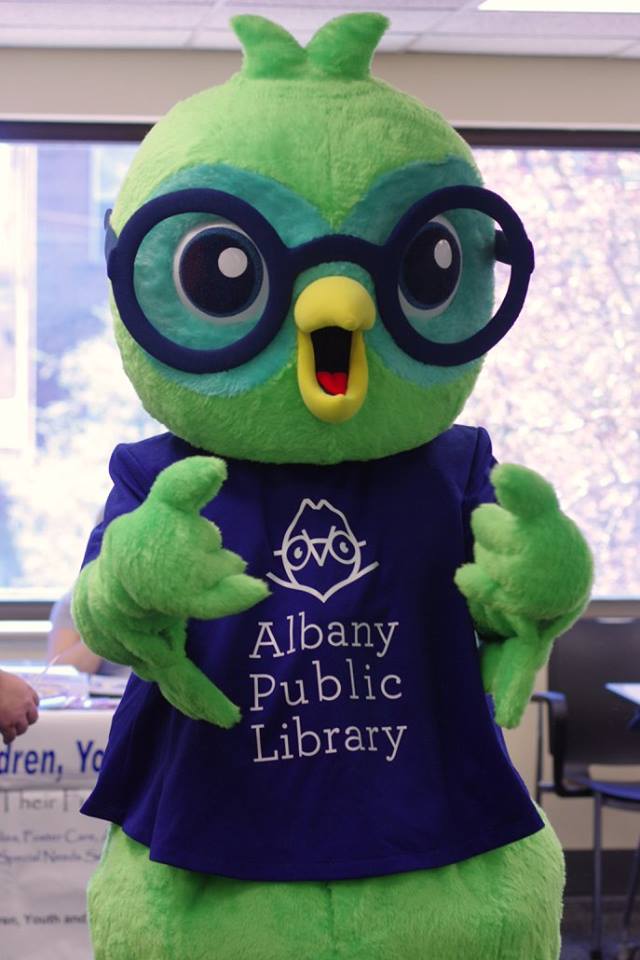If you feel you’ve read every nonfiction book you wanted to devour in 2020, know that more are on the horizon in 2021. I’ve compiled a few linkshere. While there is inevitable overlap, the compilers’ takes can be quite different.

From “Nonfiction to look out for in 2021” in The Guardian:. Appropriate for this year of pandemic, “two memoirs in particular promise both to move and console… The Madness of Grief by the Rev Richard Coles, on losing his partner; and Consumed: A Sister’s Story by Arifa Akbar (Sceptre, June), about the death of her beloved sibling from tuberculosis.” Consumed will be published in a UK edition so you’ll only be able to read e-books until it is printed here. On the other hand, the Guardian is very excited about the book Begin Again be Eddie Glaude, Jr, which was released in the US in June and will be published in the UK this month. “In Begin Again: James Baldwin’s America and Its Urgent Lessons for Today … Eddie S Glaude Jr,…tries to fathom how the author of Go Tell It On the Mountain managed, against the odds, to keep faith in the idea of a more just future.” You can request a copy of this Princeton professor’s take on the great James Baldwin from the Library Catalog.

Blink List describes Work Won’t Love You Back: How Devotion to Our Jobs Keeps Us Exploited, Exhausted, and Alone by Sarah Jaffe. “Have you ever found yourself working for less than you’re worth, enduring an awful boss, or pushing through burnout just to progress your career?” After 2020, I imagine workers may be reevaluating their employment situation. The book “explores how the myth of ‘doing what you love,’ creates an all-consuming work life that is closer to tyranny than living the dream.” While waiting for the new book, you can check out her 2016 book, Necessary Trouble, from the Library Catalog.

Blink List also recommends The Black Friend: On Being a Better White Person by Frederick Joseph. The author “looks back on the racism he experienced as a transfer student in a predominantly white school and considers how he might handle such situations now…” The publisher is marketing as a book for teens, but it might also be useful for older Americans trying to understand what the teens today are talking about: “[The book] also includes an encyclopedia of racism which… clears up the terminology.” There are three copies at APL and they are all being read right now, so place your hold in the Library Catalog or pick up your own copy.
![A World Without Email: Reimagining Work in an Age of Communication Overload by [Cal Newport]](https://m.media-amazon.com/images/I/41uDC8pDM2L.jpg)
A World Without Email: Reimagining Work in an Age of Communication Overload by Cal Newport. “Email was once exciting, but now that we take it with us wherever we go, there’s no getting away from work and it’s overwhelming us.” Out in March 2021, [this book] outlines strategies that can help move away from this reliance on email and towards more transparent processes that minimize task overload and noisy inboxes. If cutting down on digital distraction is one of your new year resolutions, check out Cal Newport’s other books in the Library Catalog – Digital Minimalism (2019) and Deep Work (2016).

On the What’s Nonfiction roster: Nobody’s Normal: How Culture Created the Stigma of Mental Illness, by Roy Richard Grinker (January 19, W.W. Norton) — “An anthropologist ‘chronicles the progress and setbacks in the struggle against mental illness stigma—from the eighteenth century, through America’s major wars, and into today’s high-tech economy.’ Drawing “on cutting-edge science, historical archives, and cross-cultural research in Africa and Asia, Grinker takes readers on an international journey to discover the origins of, and variances in, our cultural response to neurodiversity.” This book is currently on order and you can place a hold in the Library Catalog.
For more inspiration, check out lists from She Reads, The Bibliofile, and the 77 titles from Good Reads.




My most interesting reads have been “Poisoner In Chief: Sidney Gottlieb and the CIA Search for Mind Control” (2019-2020) by Stephen Kinzer and “White Tears/Brown Scars: How White Feminism Betrays Women of Color (2020) by Ruby Hamad. Most of us will be surprised about how Australian Abhorigines, too, have been slighted.